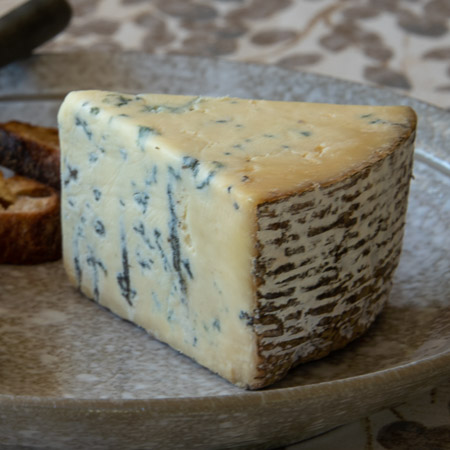A recent Washington Post feature ranking the healthfulness of different cheeses made me more than a little cranky. I’m no nutritionist, but I knew some of the claims were not accurate. Others I suspected were not supported by science or at the least misleading. And the whole premise of the story seemed misguided. Unless you’re eating massive amounts, does it really matter to your long-term health whether you choose mozzarella or Cheddar? Life is better with both.
The premise of the article is that some cheeses are more health-promoting than others because they have fewer calories, or less saturated fat, or less sodium, or more calcium or protein. One obvious challenge with this type of comparison is defining the serving size. What are you comparing? An ounce of hard aged Cheddar to an ounce of cottage cheese? Nobody eats an ounce of cottage cheese. Some of the quoted nutritionists seemed to get this but not all of them.
Below are a few of the statements that made me flinch. For expert perspectives, I turned to Donald McMahon, professor of dairy science at Utah State University, and Beth Rice Bradley, lecturer in the department of nutrition and food science at the University of Vermont. If it’s in italics, it’s in the article.
Soft cheeses such as Camembert, brie and triple-crèmes fall into the “less healthy” category because of their saturated fat content.
“The dogma about saturated fat being bad for you is under a lot more question,” says McMahon. “And all cheeses are about the same: two-thirds saturated fat, one-third unsaturated fat.”
Look at the ingredients [when buying low-fat cheese]. Unhealthy additions include acids, emulsifiers, thickeners, stabilizers, gums and other nondairy ingredients to make up for the lost fat.
“These are all GRAS (generally recognized as safe) by the FDA,” says Bradley. “Nutritionally they haven’t been shown to affect us, so I don’t see how you can make that claim.” Unwelcome, maybe. But not unhealthy.
Cheeses that are unprocessed, raw, full-fat, grass-fed and certified organic, if possible, are the best.
“Misleading,” says Bradley. “None of that has ever been tested for health outcomes. It’s an extremely far leap.”
Most cheeses are between 60 and 90 percent fat.
“Obviously wrong,” says McMahon. “Most cheeses are between 25 and 35 percent fat.” Even butter is not 90 percent fat.
The softer the cheese, the higher the fat.
“In most cases, moisture has a bigger impact than fat on how soft or hard a cheese is,” says McMahon. “If you want to look at it from a calorie basis, the thing that makes the biggest difference is moisture content. The ratio of fat and protein is not going to change much. That’s what you get from milk.”
A cream-enriched cheese, like a triple-cream Brie, is an obvious exception. But most other soft cheeses aren’t significantly higher in fat; they’re higher in moisture.
Blue cheese…falls somewhere in the middle of the pack in terms of health. It’s high in calories, total and saturated fat, yet it is also one of the highest in calcium.
“I don’t think blue cheeses are that much higher in calcium than other renneted cheeses,” says McMahon. “There’s no reason why blue cheeses would have more. They tend to be slightly higher in moisture so, overall, they would have lower nutrients.”
In fact, Roquefort and Stilton are in the middle of the pack in terms of calcium per 100 grams, but comparing nutrients in cheese by weight is not enlightening.
I’m giving the final word to Dr. Bradley.
“There are no studies I’m aware of that compare cheeses on heart disease, blood pressure, diabetes. I’ve seen ‘cheese versus no cheese’ studies, and it’s neutral for heart disease. Cheese is a matrix. To rank it based on just a few pieces of the puzzle does not give an accurate picture.”


